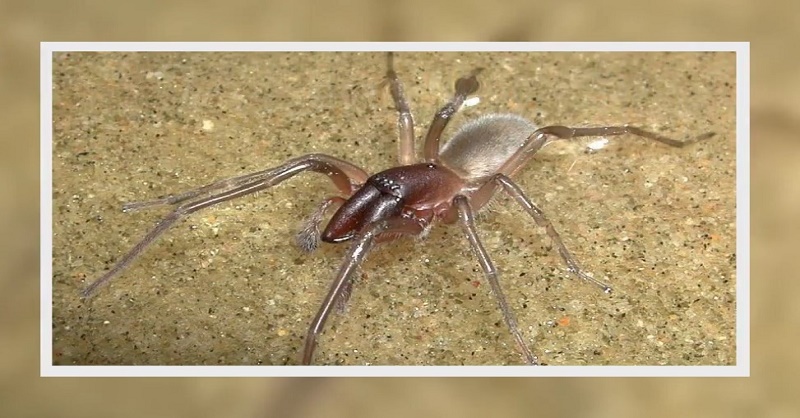
A new species of spider is found in Australia and is named Desis bobmarleyi in a homage to Bob Marley and his famous song “High tide or low tide.” The spider has been discovered by a team of researchers led by Dr. Barbara Behr of the Queensland Museum.
Desis bobmarleyi is part of a species of spider with unique behaviors tailored to survival during complete submersion in water. It survives largely through hiding in air-filled pockets found in shells, seaweed, and rock cavities.
During high tide, Desis bobmarleyi spiders use their silk to build chambers in these cavities, sealing themselves inside to protect them while submerged in water and allowing them to breathe.
Dr. Barbara Behr explained that the name Desis bobmarleyi was chosen primarily for this reason, but that there was another key aspect that inspired the name.
“The song ‘High tide or low tide’ promotes love and friendship through all struggles of life…It is his music that aided a field trip to Port Douglas in coastal Queensland, Australia, to collect spiders with a highly unique biology.”
Dr. Mike Gray at the Australian Museum elaborated on how these marine spiders had been living in Sydney harbor for quite some time.
“Although marine spiders are known from many areas of the Australian coast, it appears that people rarely notice them.”
Sightings of Desis bobmarleyi have decreased in recent years, leading scientists to believe that this new species of spiders may be close to extinction – at least locally around Sydney.
More research is required to understand exactly how this marine animal functions and the discovery of Desis bobmarleyi may hold the key to unlocking the secrets of this bizarre species of spider. This specimen marks the third species of its kind, any knowledge gained from research of this new discovery may unlock useful information about this “high and low tide” collection of spiders.
Cousins of Desis bobmarleyi were discovered in Samoa and Western Australia, but little is understood about these species of spiders. The discovery of this most recent group of spiders adds key understanding to our knowledge of these unique marine specimens.

Post Your Comments